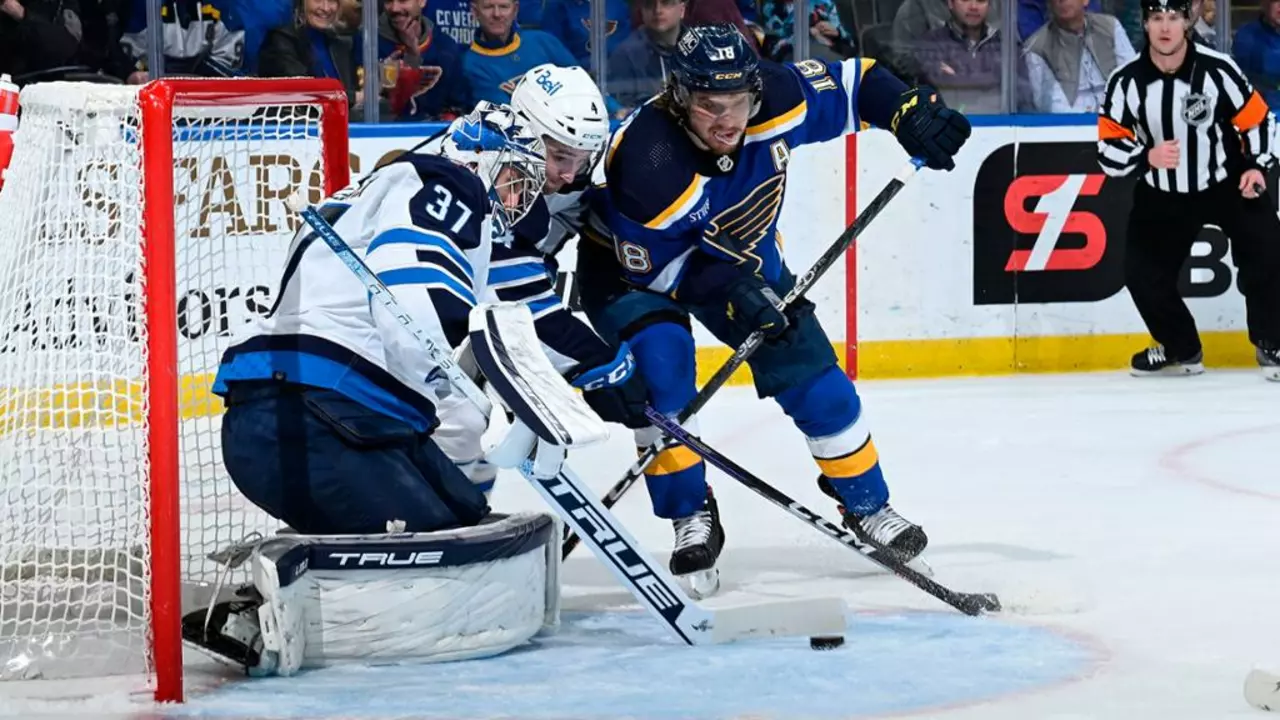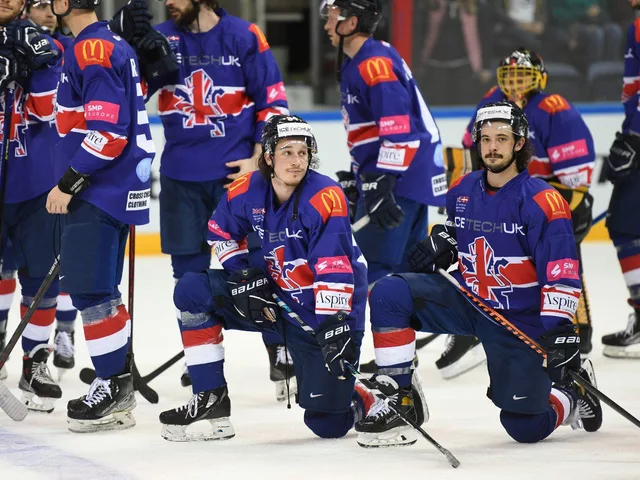
Exploring the Emotions of Losing a Hockey Fight: A Reflection on Disappointment and Resilience
Losing a hockey fight can be incredibly disappointing, especially if you’ve put in the hard work to train and get into top physical shape. The feeling of defeat is like a punch to the gut, leaving you feeling deflated and uninspired. It can be difficult to stay motivated after a loss, especially if you’ve been defeated by a superior opponent.
The feeling of defeat can be compounded if you’ve been bested by an opponent who you thought wasn’t as talented as you. It’s easy to start questioning your own skills and abilities when this happens, which can be a huge blow to your confidence. The feeling of embarrassment can haunt you for days, weeks, or even months if you’re not careful.
It’s important to remember that every loss is an opportunity to learn and improve. When you take the time to reflect on the fight and analyze what went wrong, you can take steps to address any weaknesses and develop strategies to come out on top next time. By looking at the fight objectively, you can gain valuable insight into how to become a better fighter.
Resilience is an important trait to cultivate if you want to be successful in the world of hockey. No matter how hard you’ve been knocked down, you can always get back up and try again. It’s important to remember that failure is not a reflection of your worth as a person, but rather an opportunity to learn and grow. Losing a fight doesn’t define you or make you any less capable of winning the next one.
The ability to pick yourself up after a loss is a crucial skill for any athlete. By focusing on what you can learn from the experience and making adjustments for the next time, you can ensure that you’re better prepared and more confident heading into the next fight. With the right attitude and a willingness to learn, you can turn every defeat into a victory.
Hockey Fights and the Mental Challenges of Defeat: A Look at Post-Game Reflection
Hockey is a sport filled with intense physical and mental challenges. From the grueling practices to the fast-paced games, hockey teaches its players how to handle pressure and stay focused in high-stakes situations. But what happens after a player loses in a fight? How do they prepare for the mental challenges that come with defeat?
The truth is, losing a fight in hockey can be very difficult to process. It can be even more difficult for a player who has already put in a great deal of effort and energy into the game. The feeling of defeat can be overwhelming and can quickly turn a player's confidence into doubt and fear.
To help players cope with the mental challenges of losing in a hockey fight, coaches are beginning to focus on post-game reflection. After their team loses, coaches often have their players sit down together and talk about the game. This allows players to vent their frustrations, talk about what went wrong, and share strategies for improvement.
Post-game reflection can also help players process their feelings of defeat. By talking about the fight and their performance, players can gain insight into why they lost and how they can get better. It's important for players to remember that these reflective conversations are not about blaming or shaming anyone; rather, they are an opportunity to grow and improve as a team.
Finally, post-game reflection is a great way for players to learn from their mistakes. By talking about their game, players can identify areas where they need to improve and come up with strategies for improvement. This can help them become better players and help their team become more successful in the future.
In short, post-game reflection is an important tool for helping players cope with the mental challenges of losing in a hockey fight. By taking the time to talk about the game and their performance, players can gain insight into why they lost and how they can get better. With this knowledge, they can learn from their mistakes and become better players overall.
How to Cope With the Stress of Losing a Hockey Fight: Strategies for Recovering and Moving On
Losing a fight in hockey can be a difficult and stressful experience. The physical and psychological toll of a hockey fight can leave you feeling overwhelmed and helpless. However, it is important to recognize that these feelings are normal and can be managed with the right strategies.
The first step in coping with the stress of a hockey fight is to take a step back and process the experience. Take some time to sit with your thoughts and feelings and recognize what happened. Allow yourself to grieve the loss and all the emotions that come with it. This can help you move on and start looking towards the future.
The next step is to reach out to your support system. Talk to family and friends who can provide comfort and understanding. Consider joining a support group or online forum where you can share your experience and learn from others who have been through similar losses. This can be an invaluable tool in helping you get through the tough times.
Finally, it is important to remember that losing a hockey fight is not the end of the world. It is okay to be disappointed and angry, but don’t let these feelings consume you. Focus on the positives and try to learn from the experience. Be honest with yourself and strive to improve your skills and strategies for the next time.
By following these strategies, you can recover from the stress of losing a hockey fight and move on. Remind yourself that it is okay to be upset and you will get through it. With the right support and attitude, you can come out of the experience a stronger and better player.
Related Posts
You may like these posts too



Write a comment